Life in the insular peninsular
Posted on September 2, 2021 · Posted in Feminism
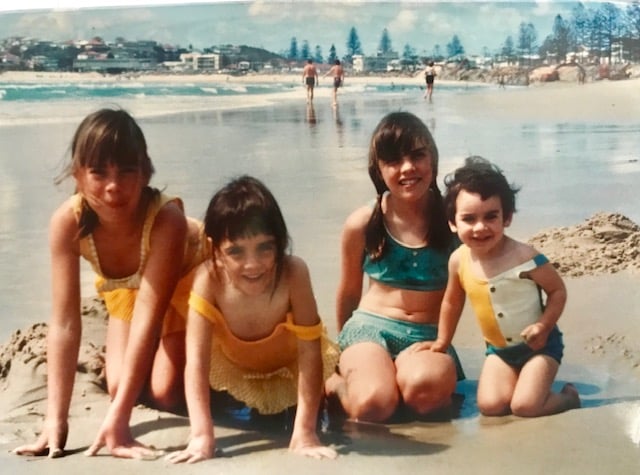
I’m writing to you from my teenage bedroom. The David Bowie and Pink Floyd posters are still on the walls. My vinyl records remain stacked under the bed – Carole King, Carly Simon, Tubular Bells, Led Zeppelin…
I’ve moved back home to The Shire from London for two months to celebrate my beloved Mum’s 90th birthday. But it’s a rather surreal time warp. When I glance into the mirror, I expect to see pimples, not wrinkles. My sentences have also started going up and the ends? And I have to subdue the urge to sneak out the bedroom window at night to nick off down the beach to pull a few bongs with the boys.
When I tell European pals that I’m a “Shire Girl” they think I’m some kind of hobbit. In 1955, my father, Mervyn (he worked in Optic Fibre; his four cheeky daughters nicknamed him ‘Optic Merv’) won a hundred-pounds in a race to find rugby league’s fastest front row forward. He used the prize money to buy a block of land on Oyster Bay.
Dad built a garage on the block and that’s where we lived. This was not because Dad was abnormally fond of his automobile, but the post war shortage of tradesmen, money and materials meant it was common practise for couples to live in the garage until they had enough money to expand, room by room. Sewer mains were not constructed until the 1980’s. In other words, The Shire was a suburb in the bush.
And what a heavenly haven. Bordered by Botany Bay, Cronulla Beach, George’s River and the great lungs of the Royal National Park, it’s known as the Insular Peninsular. Growing up here in the 60’s, the most dangerous thing in a ten-mile radius was a bad oyster. Not that we ever found one. These plump, succulent molluscs were in such plentiful supply that we kids fed them, with Marie Antoinette insouciance, to the cats.
Quite apart from the physical beauty of the Shire, there’s also its historical significance. One asphalt-meltingly hot day in 1970, I was bused down to Kurnell with all the other school captains, to see the Queen unveil a bicentennial monument to Captain Cook.
For hours we broiled in the sun like lobsters. Peering through the pigtails of the girls in front, I finally caught a fleeting glimpse of a flunky’s flared nostril and the weary wave of a white glove and heard an upper-class voice brittle enough to qualify for osteoporosis pills. It was the Queen, addressing her sunburnt subjects. The crowd roared with the kind of adoration usually reserved for a rock star.
As well as monarchism mania, sexism was also rife. My mother, Val, a school principal, was one of the few wives who had a career. At barbecues, while the women whipped up peach melbas and pavs in the kitchen, the men formed cardigan-ed corrobborees around the beer keg. Their sons disproved the theory of evolution – they were evolving into apes. Surfie boyfriends expected us to cut out their names in paper, sticky tape them to our stomachs, then sunbake, so that we’d get a tan tattoo in the shape of their names. If ever I get cancer, I’ll have a melanoma called Bruce. I’ll have to undergo a Bruce-ectopy to get rid of it. Surfies also thought ‘sex drive’ meant doing it in the car, no doubt because of that little sign on the rear vision mirror which reads, “OBJECTS IN THIS MIRROR MAY APPEAR LARGER THAN THEY ARE.”
In 1979 I co-wrote a novel depicting this surfie tribal culture. When I watch the film and TV adaptations of “Puberty Blues” (Bruce Beresford’s 1980 film and channel Ten’s 2012 mini-series) I’m torn between hilarity and nausea, as both bring back in a raw rush how it felt to be treated as nothing more than a life support to a pair of breasts. Surfie girls were runners up in the human race.
Forbidden to ride boards, our only job was to fetch the boys’ chiko rolls, massage their egos and mind their towels. Basically, we just lay on the beach all day in teeny weenie bikinis, nervously glancing downwards in case our G-strings had slipped. Believe me, it gave “bad hair day” a whole new meaning.
Despite Helen Reddy’s hit single “I am Woman”; a feminist anthem urging females not to stay tethered to the kitchen by our apron and heart strings, ‘Women’s Lib’ had not trickled down to the Insular Peninsular. At the pub, boys would argue over whose turn it was to order a round of “germs”. When I pressed for clarification, they explained that “Germaine Greer” was rhyming slang for beer – with no idea how they were traducing the leading feminist thinker of the age.
The 1970’s was a time of social upheaval. Gough Whitlam’s election dragged our nation out of the beige, cotton-wool wadded mentality of Menzies era. Cleo scandalized the Aussie male population by publishing nude male centrefolds. The generation gap was Grand Canyon wide, with fathers, for example, having no idea why their garden hoses were shrinking, as kids loped and chopped them to make bongs. The Shire I grew up in, was an extraordinary mix of optimism, naivety, cruelty, sexism, racism, politically incorrect humour, happiness and hedonism.
And so, forty years later, what’s changed? Well, the Peninsular is not so insular now. The Shire is now home to a human minestrone, with an ever-growing multi-cultural population. Those surfie boys have also finally flopped onto the shore and evolved; beer consumption is down, replaced by a passion for fine wines. A bloke can now even drive a small car and not worry about people casting aspersions on his sexual prowess. My nephews are all doing sensitive things with snow peas in the kitchen and communicating in more than the three-grunt surfie vocabulary of “naaa”, “dunno” and “errggh”.
And best of all, the waves are fizzing with females. Dog paddling for a self-distanced chat with surfie girls on my Cronulla swims, I discover that they’re mostly Uni students, meaning these young women are surfing their brain waves as well as the briny.
I escaped The Insular Peninsular aged 16, desperate to get out into the big, wide world. But there couldn’t be a better place to endure lockdown. Yes, the Shire is the dumping ground for the sewage works, the desalinisation plant, a nuclear reactor and coal-fondler Scott Morrison, but its physical beauty persists. For my allocated daily exercise, I’m either drenched in a wash of syrupy sunlight as I jog the golden sands of Greenhills; entranced by wildflowers on a bush walk, the wattle scented winds warm as an embrace; or whooping with delight as I boogie board at Wanda, hurtling shoreward like a menopausal Gidget.
And when the sea spits me out onto the beach and I lie, laughing, in the foam, under that big azure sky with its curlicues of creamy clouds, there’s only one thing that could perfect the experience – a surfie boy fetching me a Chiko roll so I can call out after him – “And don’t take a bite out of it or YOU’RE DROPPED!”
My books
Read at your own risqué
What do women really want in bed? Breakfast. Oh, and a good book. If you’re looking for a funny, frivolous yet feisty new read, do slip between my covers. Satisfaction guaranteed.
Making headlines
Believe nearly everything you read...
What I'm up to
A window into my world...
Here’s a selection of scribblings in which I peel down to my emotional underwear – a psychological striptease that occasionally reveals all.
One-liners, wise cracks and witticisms
I think women are each other’s human Wonderbras – uplifting, supportive and making each other look bigger and better.
If he wants breakfast, tell him to sleep in the kitchen.
Men think monogamy is something you make dining tables out of.
Many marriages break up for religious reasons – he thinks he’s a god and she doesn’t.
Love prepares you for marriage the way needlepoint prepares you for round-the-world solo yachting.
Boys will be boys, and so will a load of middle-aged boys who should know better.
Ladies who lynch.
No wife ever shot a husband while he was vacuuming.
I think therefore I’m divorced.
All husbands think they’re Gods. If only their wives weren’t atheists.
Happy wife = happy life.
I couldn’t ask for a better husband… as much as I’d bloody well like to.
Statistically, 100% of divorces begin with marriage.
Marriage is nature’s way of promoting masturbation.
Marriage is a fun-packed, frivolous activity – only occasionally resulting in death.
It’ll be an amicable split. You’ll both get 50 % of the acrimony.
A new invention is required. The monogamous husband. Patent Pending.
How Do I Hate Thee? Let me Count the Ways.
My wedding vows didn’t say To Love, Hoover and Obey.
I’m Having my period so can therefore legally kill you.
You are going to enjoy this marriage, even if I have to divorce you to do so.
A happy marriage is like an orgasm – many of them are faked.
All this emphasis on women faking orgasms, but what about men faking foreplay?
Why do men like intelligent women? Because opposites attract.
Why don’t women tell jokes? Because we marry them.
What does a woman really want in bed? Breakfast.
For women, life is full of lies – I mean doctors maintain that wrinkles don’t hurt.
Legal aid cuts prove that the Tories believe a person is innocent until proven destitute.
Sexist men are so stupid it makes you want to take the ‘men’ out of Mensa.
If a man ever tells you that women fall at his feet – it’s only because he gets them drunk first.
A woman must always fight back. Never just lie back and think of Canberra.
The best cure for menopause is the toy boy diet. A case of having Your Beefcake and Eating It Too.
I don’t fake orgasms. I’m faking being six foot one and seven stone.
Trophy wives tarnish quickly and then get left on the shelf.
Lawyers work 24/7. The partners of lawyers suffer from a bad case of subpoena envy.
Most shrinks should book an appointment with themselves.
The question on the minds of most women is – why doesn’t chocolate go straight to your boobs?
Don’t fall for a man’s puppy dog look… Just get him wormed.
It’s been so long since a man has touched me, not even medical science will want my body.
My top tip for keeping your youth? Lock him in the pool house.
I told myself that it took forty-two facial muscles to frown and only four to stretch out my arm and bitch-slap the witch.

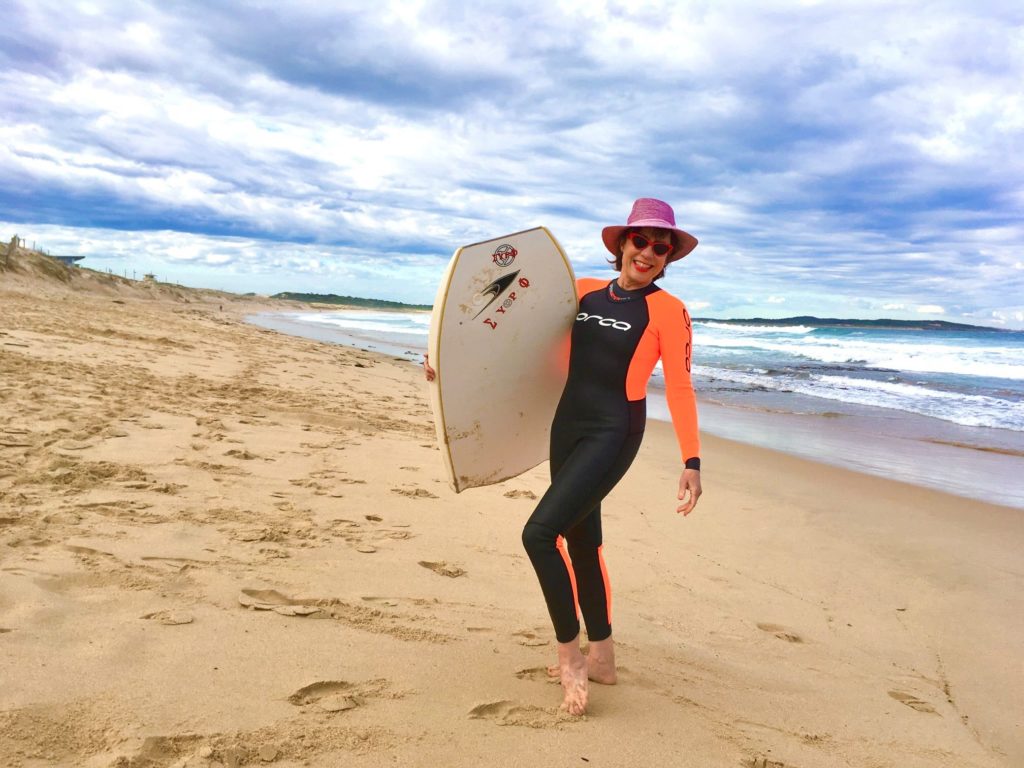
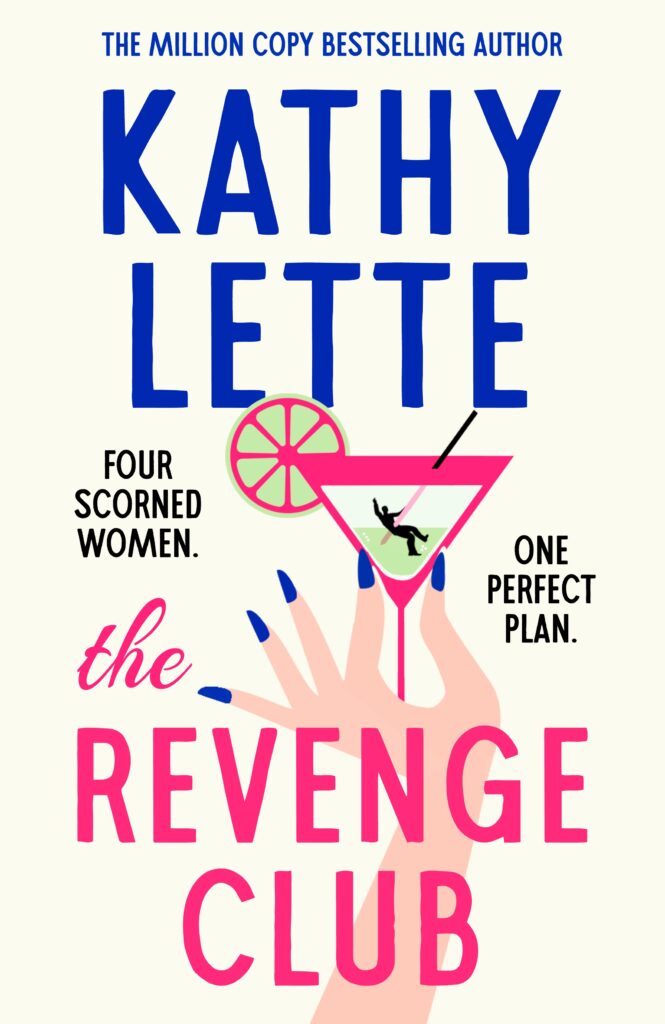
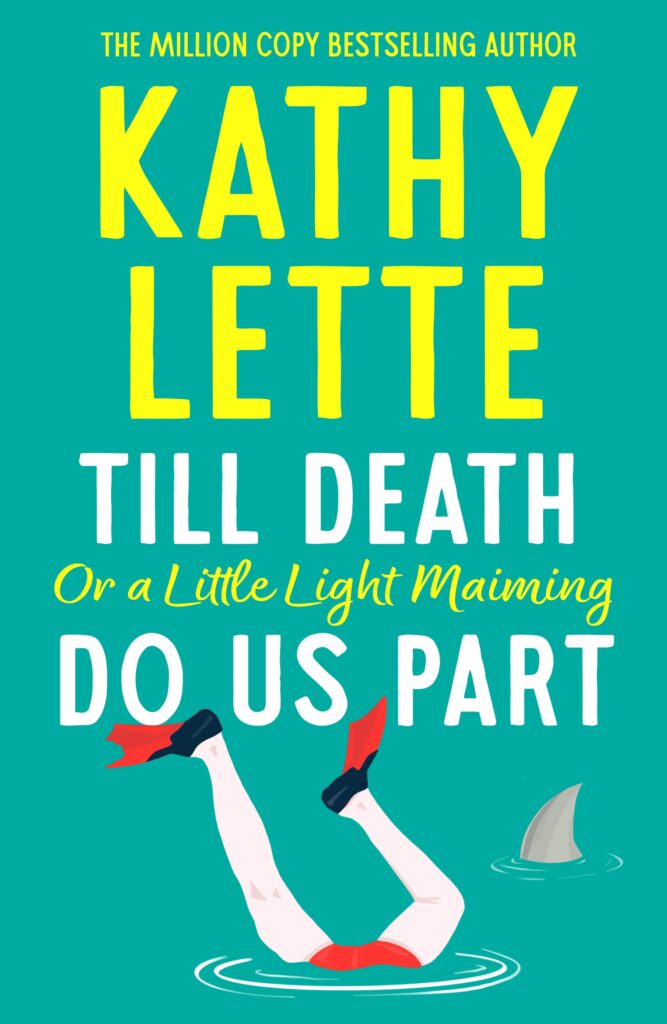
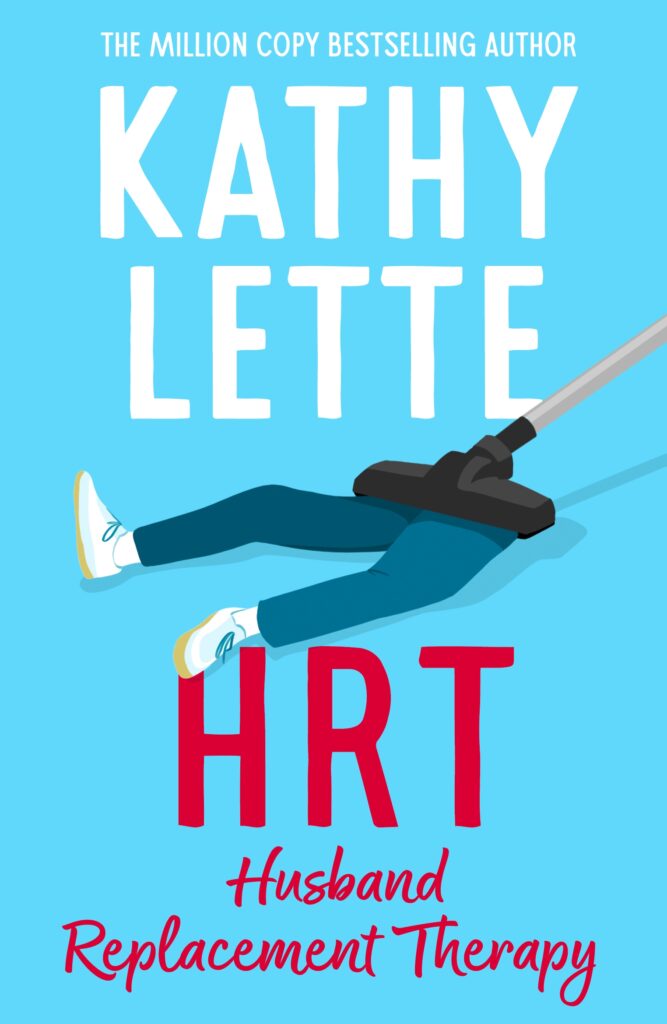
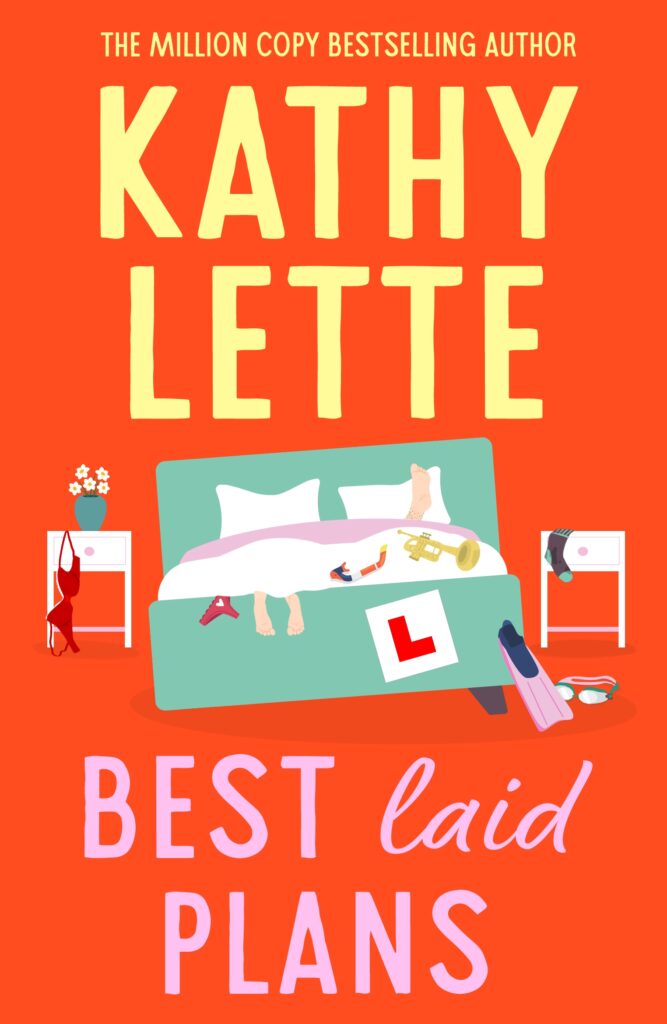
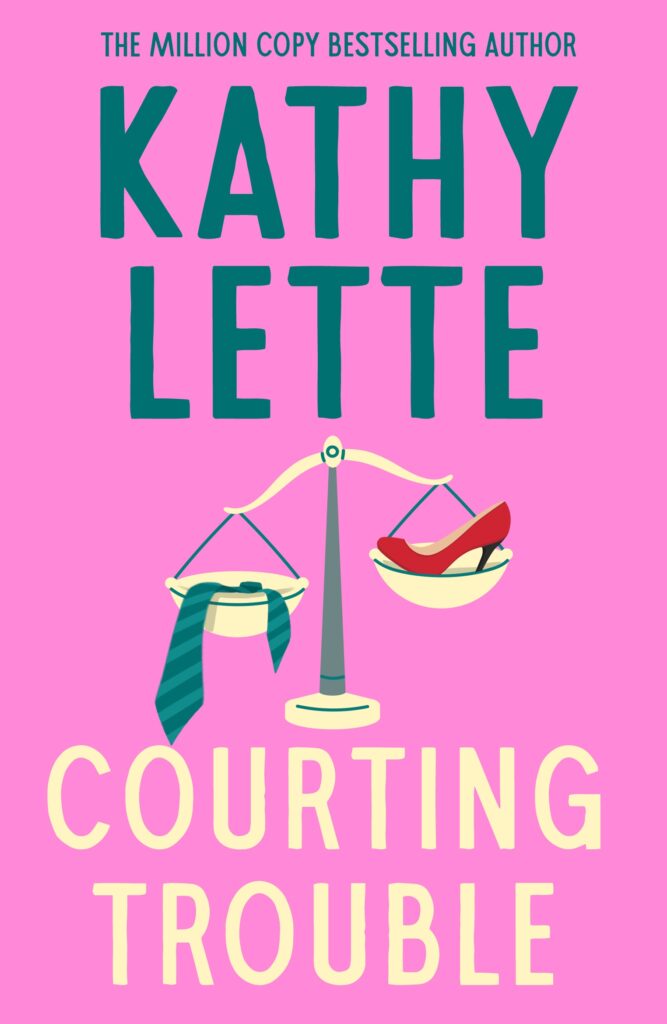
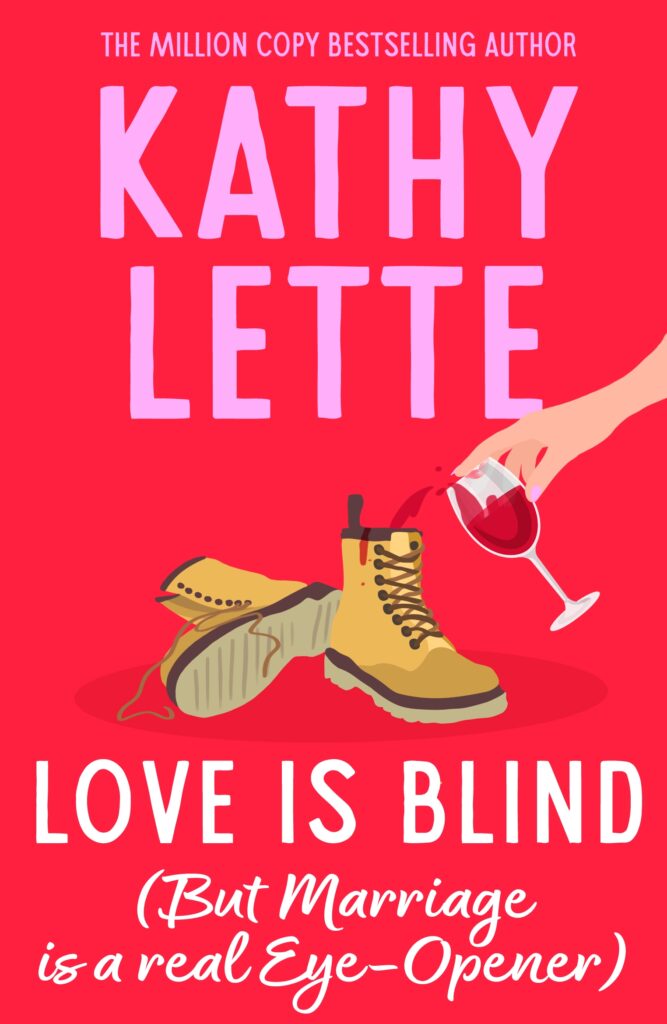
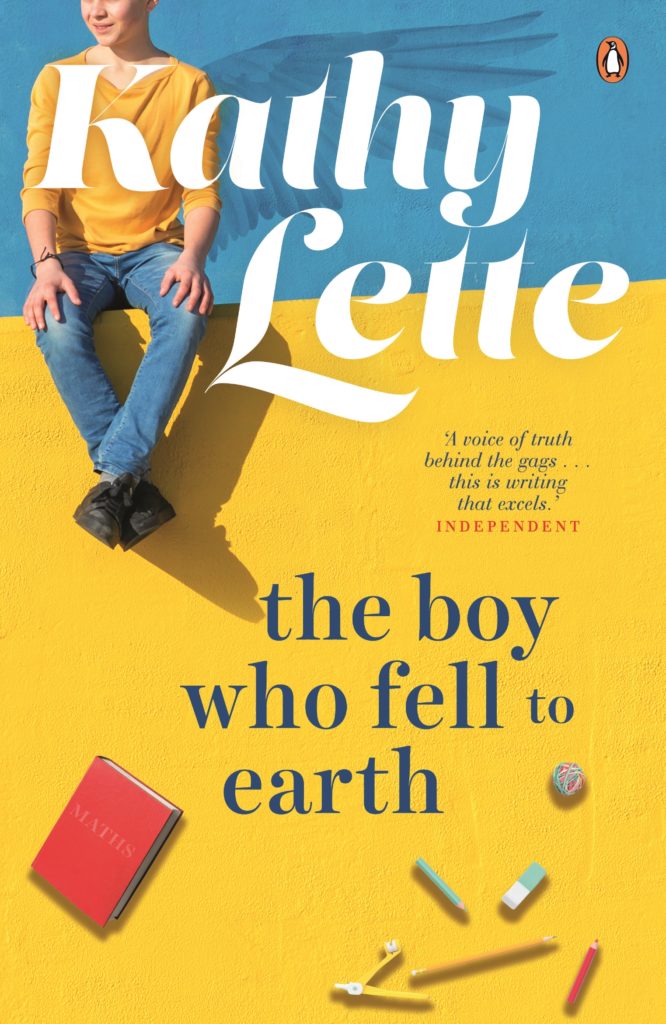
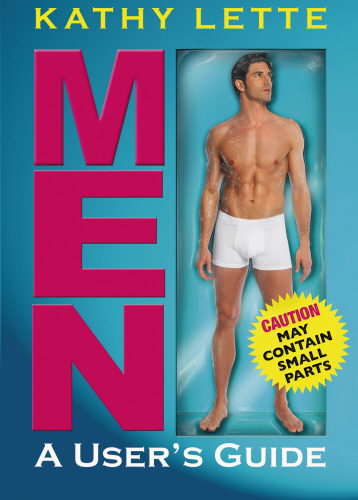
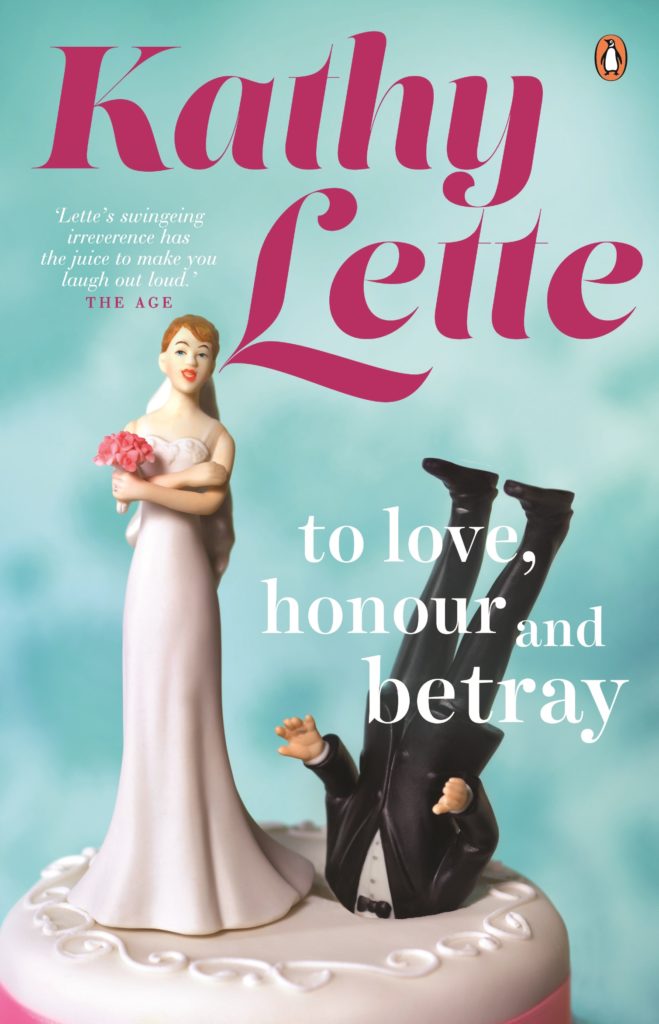
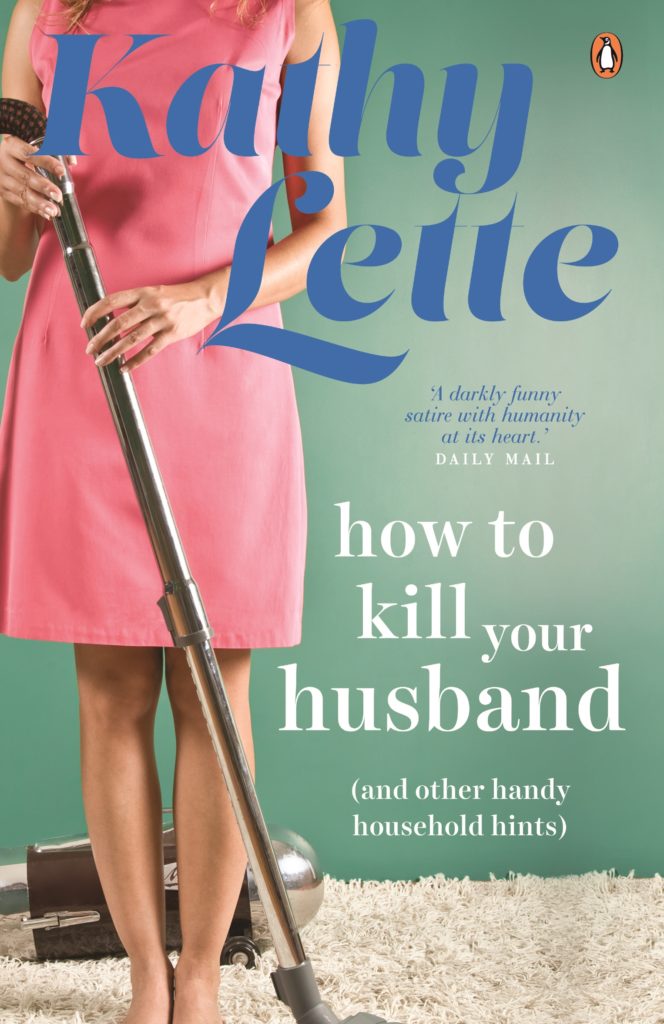
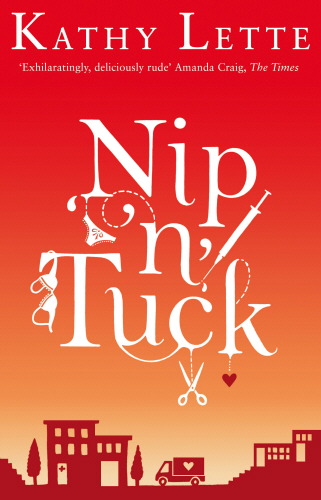
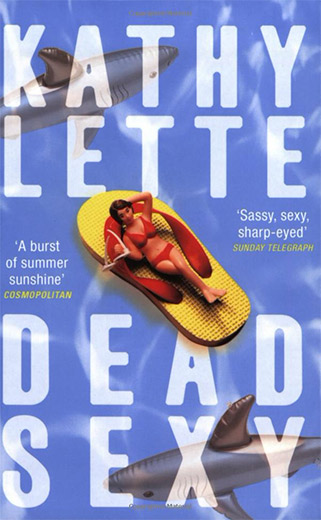
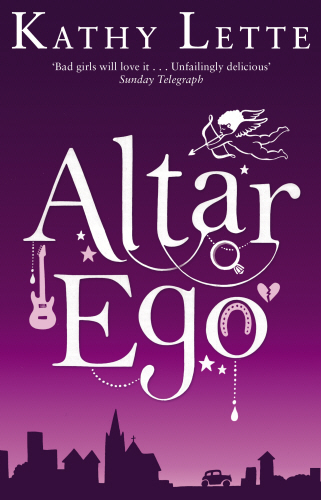
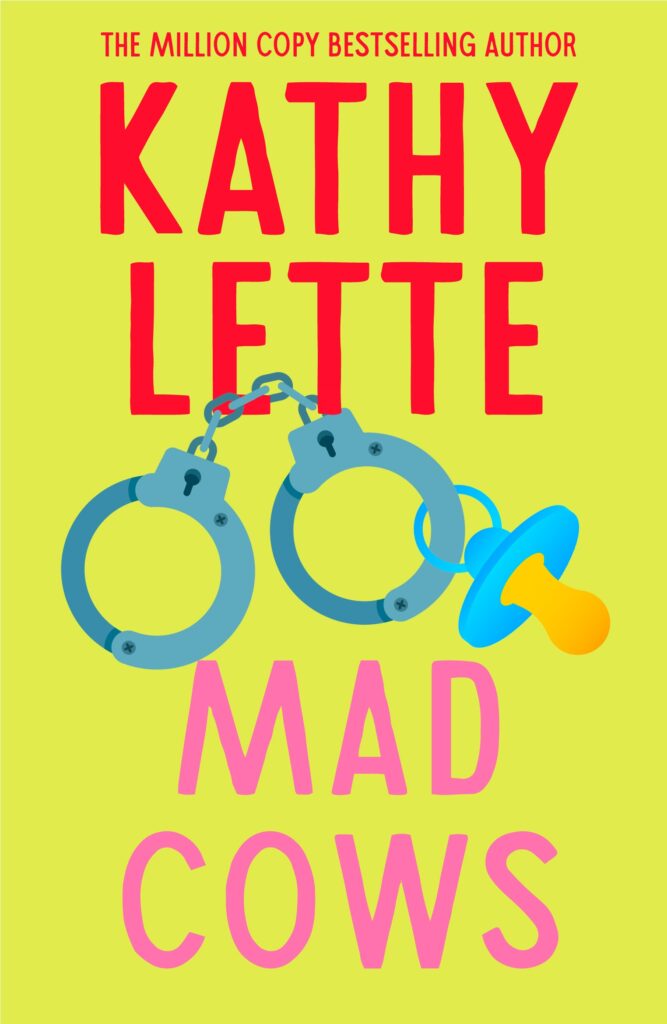
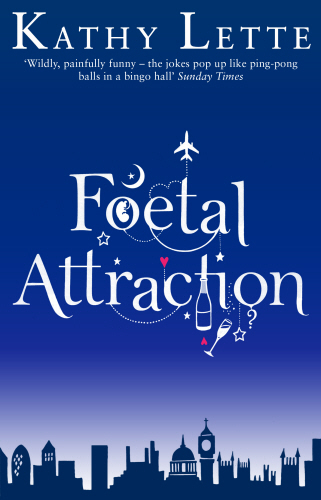
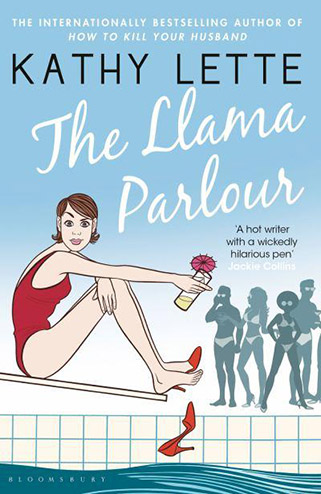
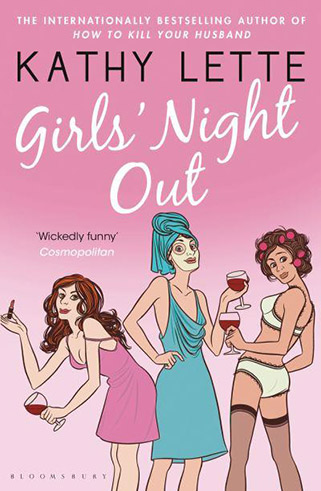
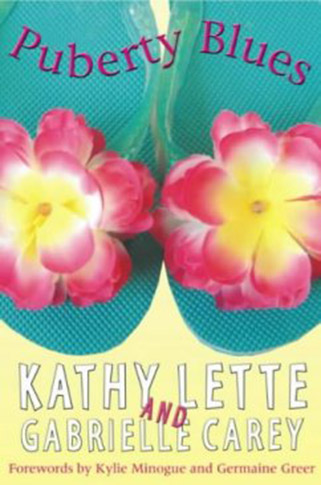
One Comment
Kathy,
Your take on The Shire is both hilarious and great feminist history… love the combination!
Brilliant!